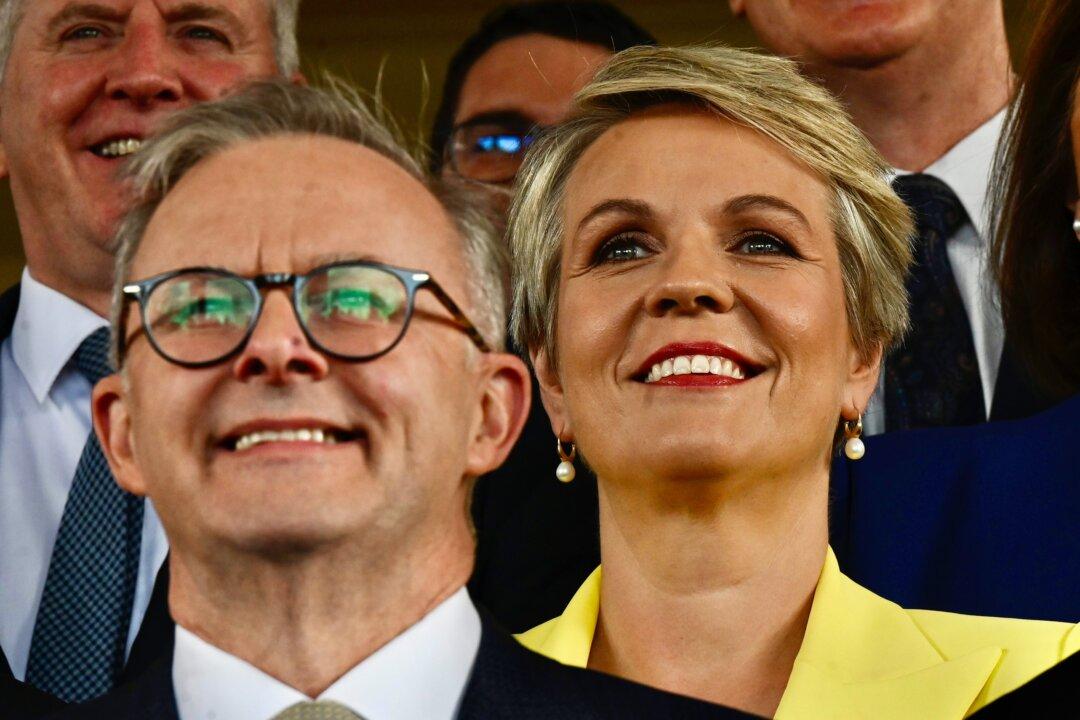News Analysis
In the latest round of parliamentary, Opposition Deputy Leader Sussan Ley took a well-aimed jab at the Environment Minister Tanya Plibersek, asking whether she still supported a federal Environmental Protection Agency.

In the latest round of parliamentary, Opposition Deputy Leader Sussan Ley took a well-aimed jab at the Environment Minister Tanya Plibersek, asking whether she still supported a federal Environmental Protection Agency.